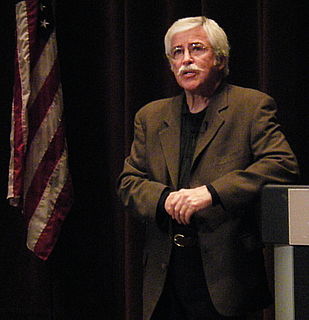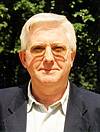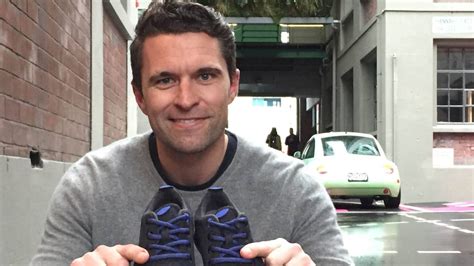A Quote by Terence McKenna
To my mind this makes psychedelics central to any political reconstruction, because these are the only force in nature that actually dissolve linguistics structures; lets the mechanics of syntax to be visible, allows the possibility for rapid introduction and spread of new concepts; gives permission for new ways of seeing; and this is what we have to do, we have to change our minds.
Related Quotes
Psychedelics are illegal not because a loving government is concerned that you may jump out of a third story window. Psychedelics are illegal because they dissolve opinion structures and culturally laid down models of behaviour and information processing. They open you up to the possibility that everything you know is wrong.
The facts of nature are what they are, but we can only view them through the spectacles of our mind. Our mind works largely by metaphor and comparison, not always (or often) by relentless logic. When we are caught in conceptual traps, the best exit is often a change in metaphor not because the new guideline will be truer to nature (for neither the old nor the new metaphor lies "out there" in the woods), but because we need a shift to more fruitful perspectives, and metaphor is often the best agent of conceptual transition.
In fact, technology in, and of, itself does not cause particular kinds of change. It is, essentially, an enabling or facilitating agent. It makes possible new structures, new organizational and geographical arrangements of economic activities, new products and new processes, while not making particular, outcomes inevitable.
Experiments in the visual arts (the invention of new ways of seeing things), are made because, due to the way the apparatus that makes up the mind is made, old processes and patterns have continually to be broken up in order to make it possible to perceive the new aspects and arrangements of evolving consciousness. The great enemy of intelligence is complacency.
I like intersections. They're the nature of New York, and there's always the possibility that when you're at one you can meet someone new. Have I ever met anyone new at an intersection? No, but I like the idea of it. I like cities because if you're stopping on the corner to wait for a light to change, there's the possibility that you and somebody else can talk. And if you and that somebody else start to talk, then you can start to argue, and if you start to argue, you might start a revolution.
Each day that we live, we're taking in new information, ideas, concepts, experiences, and sensations. We need to consciously stand guard at the doors of our minds to make sure that whatever we're allowing to enter will cause our lives to be enriched, that the experiences we pursue will add to our stockpile of possibility.
It's not like it's a brand new vocabulary that permits to have a new reality. It's rather a new vocabulary that lets us see that our lives have always been more complex than traditional categories allow. So, I think, you know, maybe the introduction of new words permits us to rethink what we've taken for granted about what forms bodies take, what the name is for certain kinds of sexual, intimate relations, how we think of a life.




































